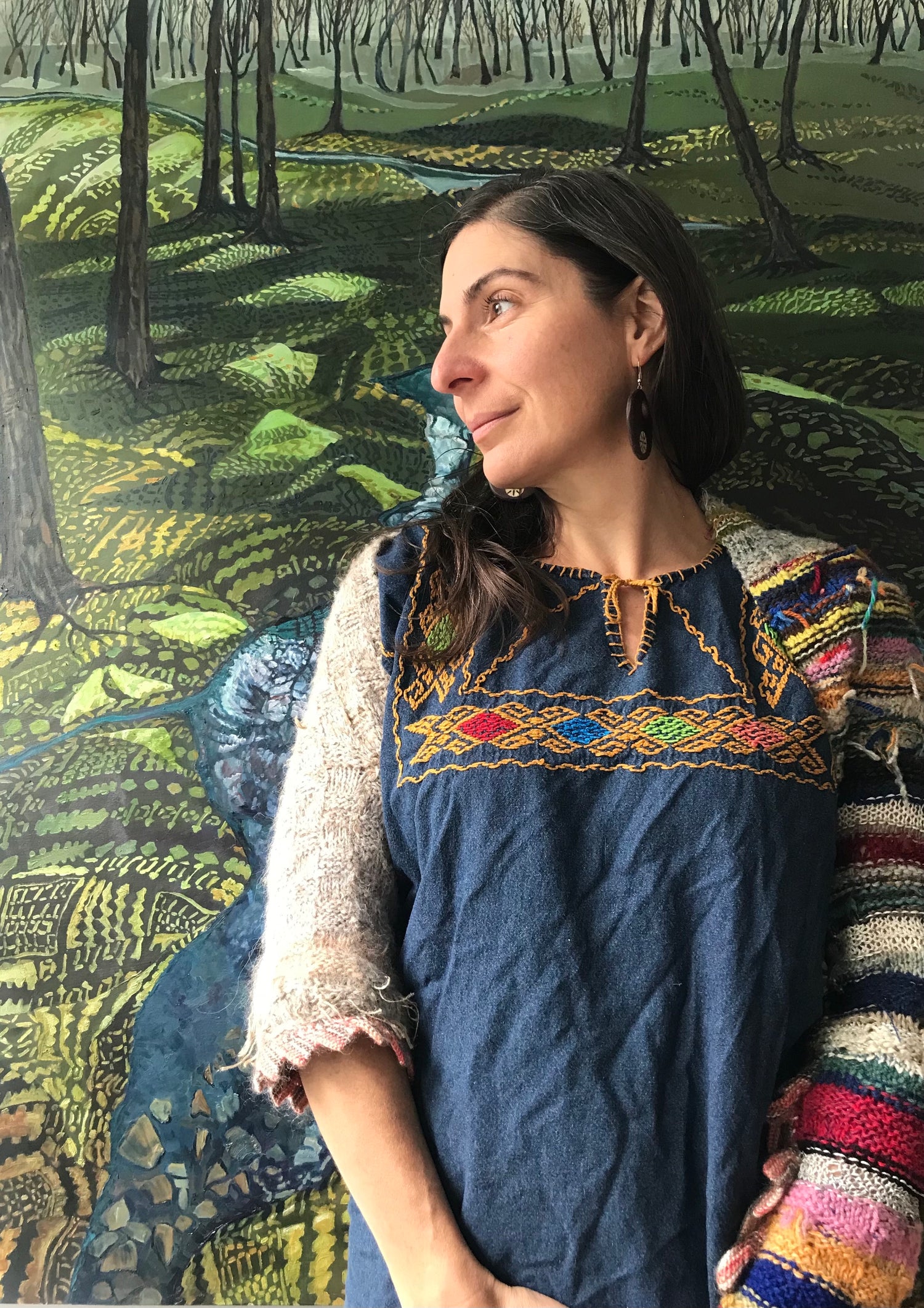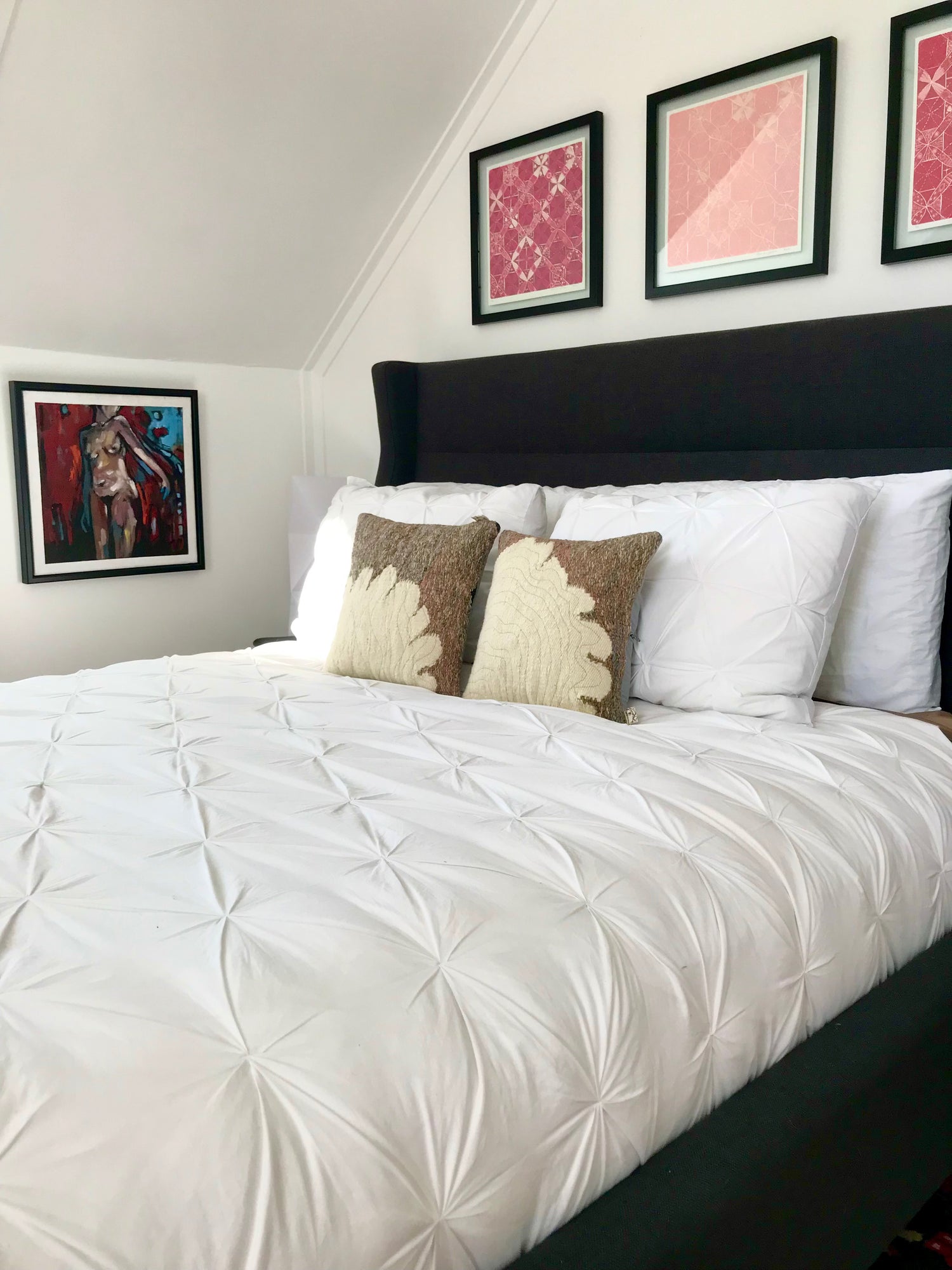With Christmas just around the corner, I have been contemplating seasonal customs and traditions. Traditions are important culturally and socially. And as a weaver, it leads me to think about the tradition of hand weaving and how it has changed in our culture and society. Initially, weaving was done out of necessity. Cloth was made for clothes to cover us and keep us warm, and later included house hold items, like blankets, table cloths, and linens. With the evolution of the industrial revolution, it is no longer necessary for us to hand weave fabric for these purposes. We have machines to do this for us now. Machines in modern society have lead to mass produced, low quality throw-away textiles, global out-sourcing, child labour, and slave labour. Machines have changed the entire textile industry and our attitude towards it. The days of hand made cloth for every day use have gone forever. The understanding that hand made cloth was precious, because it took long hours, days or sometimes weeks to complete is no longer relevant.
So why hand-weave? It is hard to explain, but those of us who weave would say we do because it is part of us. We are called to do it. It feels necessary. It is essential to bring back the cultural preciousness of this age old practice. To recreate an appreciation for the slow cloth. To have renewed understanding of its meditative, rhythmic, and creative aspects in our daily lives. To reteach the importance of a society built around self sustainability, and to have social circles created around textiles: groups of women making quilts, or gathering for sewing bees, or even family sitting around mending. Making textiles was a way of life, a job, and a responsibility to society. It was a way to express ideas through symbols, pattern and colour.
To be a hand-weaver is to be connected to tradition. You need to learn the techniques and the tricks. You need to understand how to mix colour and pattern. You need to feel the nuances of the yarn, thread and the loom you use. You need the experience of weavers before you to be able to carry on doing what they did, and what you do. This knowledge has been passed down generation after generation for thousands of years, as hand-weaving has not changed much since it began.
Weavers are carriers of tradition, of ancient skills developed millennia ago. Weavers are guardians of unknown times, keeping connection to our past, and to our ancestors. Weavers lay, thread by thread, a story; the continuation of a knowledge of how it was and how it will be.
What traditional skills do you have and use? Comment below




